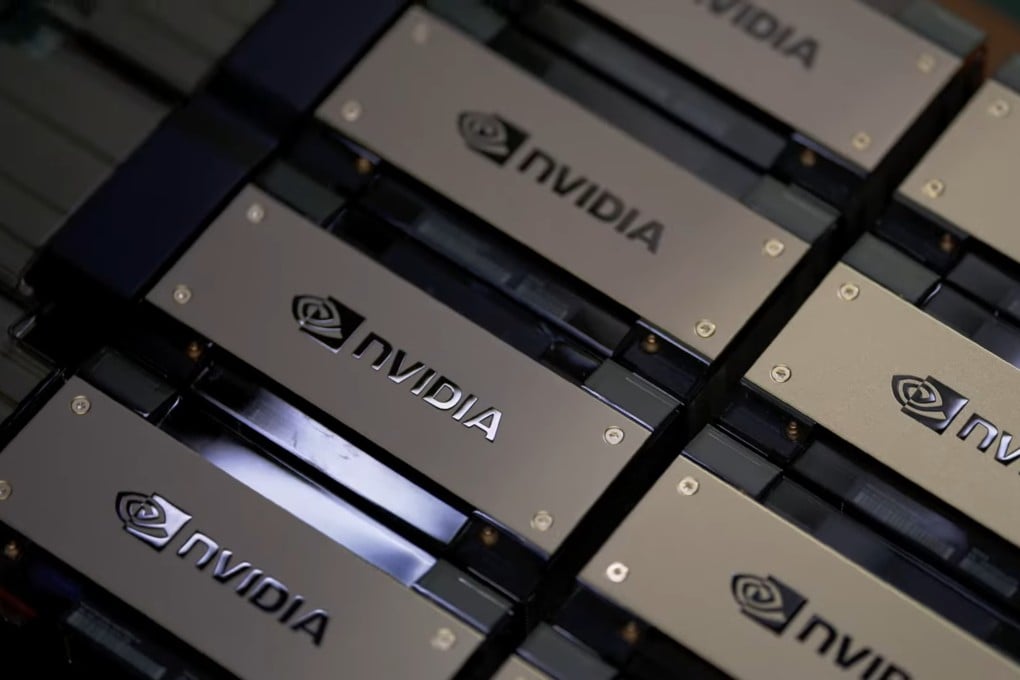Return of Nvidia H20 chip to China clears major AI upgrade bottleneck, Morgan Stanley says
Questions remain about availability of the chip favoured for training large language models, as Nvidia warns of limited supply

The sales resumption of Nvidia’s H20 chips in mainland China will clear a hardware bottleneck and boost the country’s ambitions in artificial intelligence despite lingering supply uncertainties about the highly sought-after processor, according to Morgan Stanley.
The lifting of US export restrictions on the H20 “removes a key near-term headwind” for China’s AI development, and AI spending by China’s major cloud service providers was set to increase by around 60 per cent to 380 billion yuan (US$53 billion) this year, the US investment bank said in a report on Sunday.
The outlook was positive for China’s access to computing power and the US chipmaker’s growth, despite questions about the supply of H20 chips, analysts said.
Nvidia told its Chinese customers that the supply of the chips would be limited and that it did not plan to restart production of the model, according to a report on Saturday by technology media outlet The Information.
However, Jensen Huang, Nvidia’s co-founder and CEO, told Chinese media last week in Beijing that it currently took Nvidia about nine months from the placement of wafer orders to the delivery of finished chips, and that the company was “working at full speed to restore the production capacity”.
Nvidia did not immediately respond to a request for comment on Monday.
Nvidia announced last week that it received US government approval to resume sales of the H20, a powerful graphics processing unit (GPU) specifically designed for the Chinese market to comply with US export control measures. Released in early 2024, the H20 was the top chip used by Chinese tech firms for AI training before Washington blocked its sale in April.